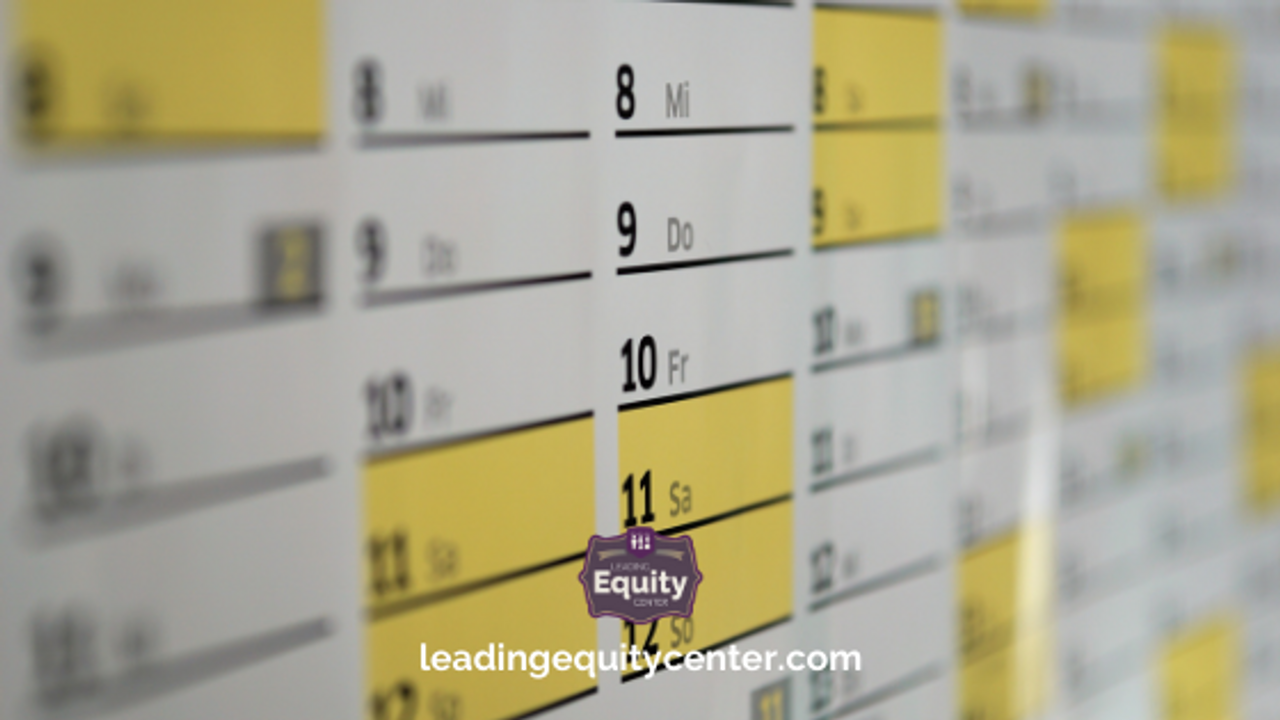A year later, some things haven't changed much at all

Hello Advocates,
I didn't forget about you. I'm just getting back from the MACUL Conference in Michigan. I enjoyed being a featured speaker and providing two workshops during their pre-conference. I'd love to work with you as well, let's chat if you are interested in having speak at your next event.
What's on my mind this week?
This time last year, we were mourning the death of six Asian women and two other people who were killed at a massage spa in Atlanta, Georgia. That was horrifying, but even worse is that we have had several more violent cases against Asians; some have hit the news, while others have hardly been mentioned.
Asian Americans have noticed. They've seen both the continuation of these attacks and the limited attention paid by the media. Some members of the Asian community feel unsafe, and many are traumatized.
Imagine feeling the need to look over your shoulder while walking down the street, standing on a subway platform, and having to be constantly aware of your surroundings and the people around you. Maintaining this state of hypervigilance is exhausting.
It should be acknowledged that while Asian Americans are not a monolithic group, most of those who have been attacked, assaulted, and murdered are almost all East Asians or Southeast Asians.
They are not all part of the same group or culture. Yet to those who seek to harm them because they are the "other" - they all look the same.
A year later, some things haven't changed much at all.
Have you been keeping up with the Art of Advocacy weekly live streams? This week, I spoke with Kim Walters, an Instructional Coach in Wisconsin, and her fellow coach, Demetri Beekman. They both work at CESA6 and have years of classroom experience. Our topic was "I'm a White Educator...Where Do I Begin?"
Kim asks, as a White educator, where do I begin to interrupt racism? Great question, which she answers by saying her journey began with her. Growing up, she describes not hearing any conversations about race; it was never discussed.
I was surprised to hear Kim say that the first time she'd listened to a conversation about race was when she was 48 years old.
Her children, however, taught her by asking questions as they learned in school. Kim Walters had to learn to answer their questions or hold these conversations at the dinner table or at home.
"The journey needs to begin with you," she says, describing how as part of the dominant culture, she thought "I was just normal."
Demetri Beekman agreed, saying that you need to do "a deep dive into who you are." He describes the training they offer as "gentle and firm." Beekman is also the author of Teaching in the Wilderness.
I would guess that those attacking Asian Americans on the street, following them home, and hurting them, are not nearly as introspective. They, no doubt, think of themselves as normal and anyone else as the "other."
Kim Walters makes the point that diversity is not limited to race. It also has to do with poverty, socioeconomic status, LGBTQ issues, and religion. "It's much broader than race."
Walters started looking at her culture as a White, cis woman, educator and saw how that played into her expectations at home with her family and school. She took a survey that revealed that she was less culturally competent than she had thought. With that information, she explored the topic of implicit bias.
Walters and Beekman encourage educators to "speak up and speak out" about these issues.
If you missed the Livestream, you can watch it here.
Finally, if you're on spring break - it happens about now in much of the country, I hope you are taking a much-deserved break,
Equitably yours,
Sheldon
Book Dr. Eakins for your next event!
P.S. A quick update on my upcoming book "Leading Equity: Becoming an Advocate For All Students." The second draft is complete and now we are moving to the formatting stage. I can't wait to share this book with you all, thank you so much for all the words of encouragement and anticipation.

Coming Soon!


